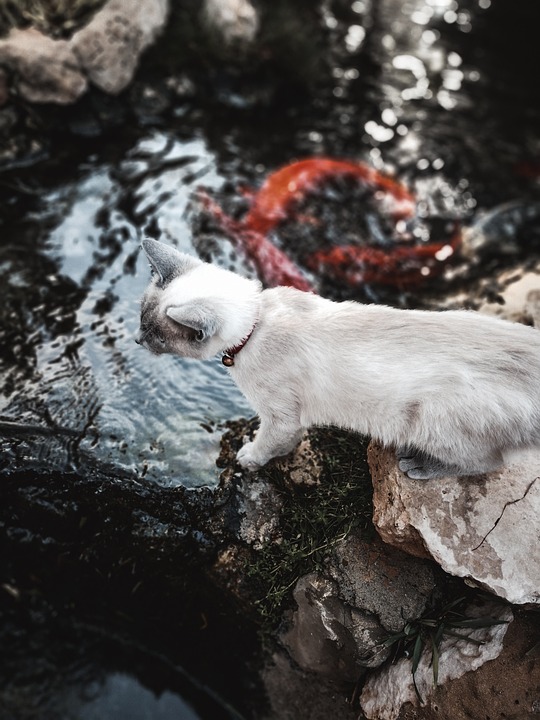Maintaining a healthy and thriving fish tank requires more than just providing clean water and a suitable environment. Proper nutrition is essential for the well-being of your fish. In this article, we will explore the common symptoms of nutrition deficiency in fish tank fish and provide guidance on how to address these issues effectively. By understanding and addressing these deficiencies, you can ensure that your aquatic companions lead a long and healthy life.
One common symptom of nutrition deficiency in fish tank fish is pale or faded colors. Lack of essential pigments and nutrients can cause fish to lose their vibrant colors, appearing pale or faded. Possible deficiencies that can lead to this symptom include carotenoids, vitamins (A, C, D), minerals (iron, copper), or protein. To address this issue, you can adjust their diet to include foods rich in pigments, such as brine shrimp, spirulina, or beta-carotene supplements.
Another symptom of nutrition deficiency is sluggish behavior or reduced appetite. Fish experiencing nutrition deficiencies may become lethargic, lose interest in food, or exhibit a reduced appetite. This may be due to a lack of essential fatty acids, vitamins, or minerals. To remedy this, provide a varied diet comprising high-quality commercial fish food, frozen or live foods, or consider adding supplements like fish oil or vitamin-enriched flakes.
Stunted growth or deformed fins can also be signs of nutrition deficiencies in fish tank fish. Insufficient nutrients can hinder proper growth and development, leading to stunted growth or deformities in fins. Possible deficiencies that can cause this include a lack of essential proteins, vitamins (B complex), or minerals (calcium, phosphorus). To address this issue, offer a balanced diet including high-protein foods like bloodworms, brine shrimp, or pellets fortified with necessary vitamins and minerals.
When addressing nutrition deficiencies in fish tank fish, it is important to understand their specific dietary requirements. Different fish species have varying nutritional needs. Research and understand the specific dietary requirements of the fish in your tank to ensure optimal care. Consult reputable sources, such as fish care books or reliable online resources, to determine the appropriate diet for your fish species.
Providing a diverse and balanced diet is crucial to prevent nutrition deficiencies. A varied diet ensures that fish receive all the necessary nutrients. Include a mix of commercial fish food, fresh or frozen foods like brine shrimp, daphnia, or bloodworms, and plant-based options like spirulina or blanched vegetables.
In some cases, supplementation may be necessary to address specific nutrient deficiencies. Consult with a knowledgeable veterinarian or aquatic specialist to determine the appropriate supplements for your fish species and their specific nutritional needs.
In conclusion, proper nutrition plays a vital role in maintaining the health and vitality of your fish tank fish. By identifying and addressing nutrition deficiency symptoms promptly, you can ensure that your aquatic friends thrive in a well-balanced environment. Remember to research their specific dietary requirements, provide a varied and balanced diet, and consult with experts when necessary to optimize their nutrition and overall well-being.









